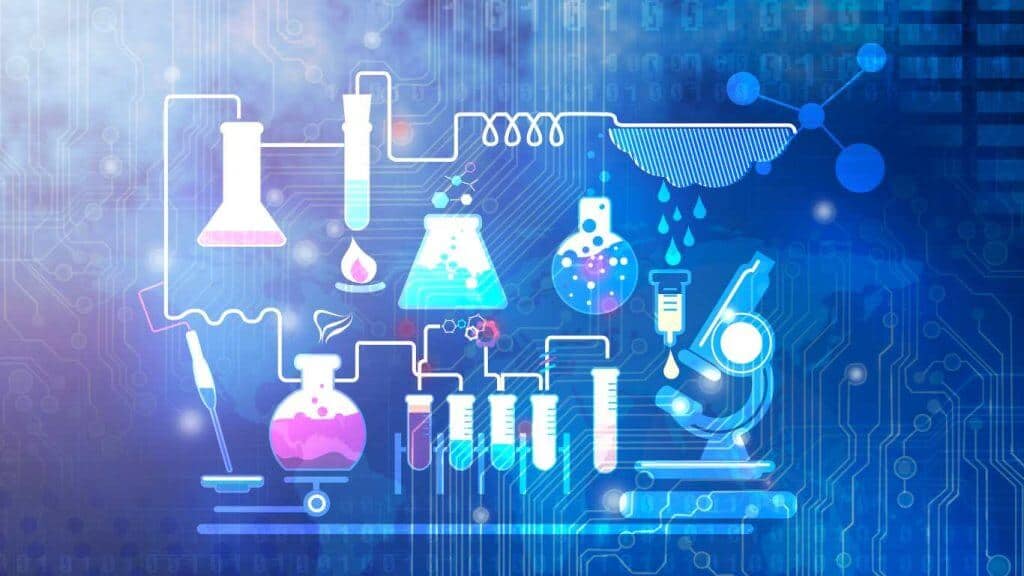Life Cycle Assessment (LCA) is a vital scientific methodology for environmentally conscious businesses. There are 6 main ways that LCA can help these businesses achieve their green goals.
Here are some key benefits:
1. Identifying Hotspots (or weekpoints): By using LCA, businesses can identify the environmental hotspots where major effects take place, such as excessive waste production, poor resource utilization, or high carbon emissions during manufacturing, and energy consumption. Recognizing these hotspots allows businesses to focus on caring for important regions and successfully implementing policies to reduce related environmental effects.
2. Creating Eco-Friendly Products: LCA is a powerful tool for developing and designing products. Understanding how different materials, production techniques, and alternatives affect the environment can help businesses make choices that will result in more sustainable goods. Businesses can comprehensively evaluate a product’s life cycle by using LCA to optimize phases such as raw material procurement, manufacture, consumption, and disposal. This strategy will enable companies to create ecologically responsible items without sacrificing performance or quality.
3. Setting Sustainable Goals: With LCA data, businesses can establish sustainability goals corresponding to pinpointed areas of concern. These goals encourage firms to use more environmentally friendly methods by providing explicit rules for minimizing environmental effects. For example, a business may set a goal to reduce carbon emissions by a certain percentage over a certain period. Accurate monitoring of sustainability performance is made possible by LCA’s assistance in quantifying baselines and measuring progress towards objectives.
4. Technology Development, Market Compatition, and Enhancing Companies Reputation: LCA is not only serves as a powerful tool for evaluating and improving the environmental impact of products but also plays a key role in enhancing technology development within industries. As companies engage in LCA processes to analyze their products’ life cycles, they gain valuable insights into areas where technological advancements can lead to more sustainable practices. For instance, identifying hotspots in energy consumption or material extraction may prompt the exploration of innovative technologies that reduce resource intensity or enhance energy efficiency. LCA thus becomes a catalyst for fostering research and development initiatives focused on creating cutting-edge technologies that align with sustainability goals. By driving technological innovation, LCA contributes not only to environmental stewardship but also positions companies at the forefront of industry advancements, fostering a culture of continuous improvement.
The adoption of Life Cycle Assessment can significantly bolster a company’s reputation and competitiveness in the market. As consumers and stakeholders increasingly prioritize sustainability, companies that embrace LCA demonstrate a commitment to transparency, environmental responsibility, and a forward-thinking approach. By showcasing LCA results and the implementation of sustainable practices, companies can build a positive brand image and enhance their reputation as environmentally key conscious entities. This not only attracts environmentally aware consumers but also differentiates the company in the market, positioning it as a leader in sustainable business practices. Ultimately, integrating LCA into business strategies not only mitigates environmental impacts but also serves as a strategic method for attaining a competitive edge and fostering positive perceptions within the marketplace.
5. Partnering with Suppliers: LCA encourages dialogue and cooperation with suppliers besides assessing a company’s environmental effects. Companies and suppliers can find possibilities for improvement by exchanging LCA data, which promotes precise and explicit language regarding projects and their effects. For example, working with suppliers might result in investigating sustainable transport solutions or streamlining routes if a business finds that the delivery of raw materials contributes significantly to carbon emissions. At each level of manufacturing, this kind of cooperation improves the sustainability of the supply chain.
6. Improving Communication and Transparency: A better grasp of environmental consequences facilitates customer communication. LCA provides a scientific foundation for assessing and discussing a company’s environmental performance. By quantifying impacts, companies can improve openness and credibility when communicating LCA results to stakeholders, such as investors, consumers, and regulatory agencies. By presenting solid LCA data, companies can demonstrate their dedication to sustainable practices and advancement toward certain environmental objectives. Effective communication and transparency foster trust and draw in eco-aware clients, improving the value chain.
If you enjoyed this post, join our free newsletter for more valuable content! Subscribe now for informative articles, service updates, downloadable guides, and more. Click here!





